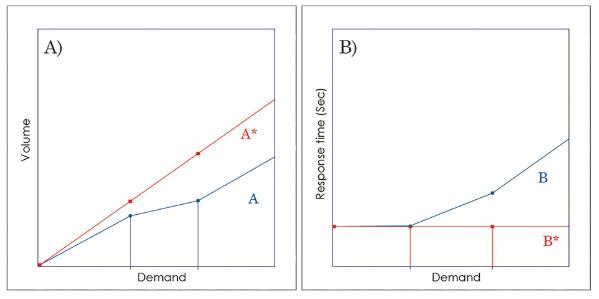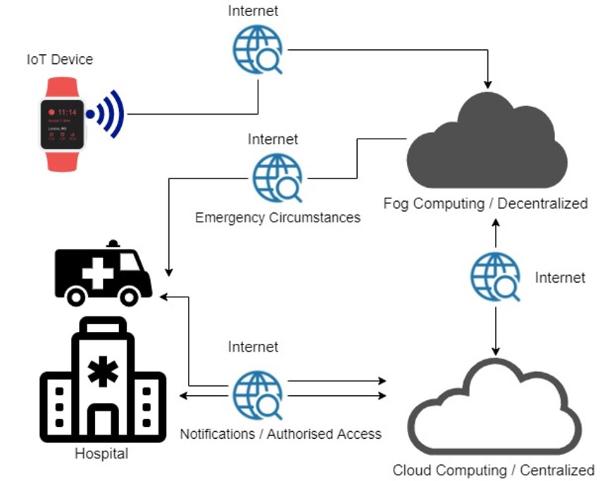Cloud computing
Cloud computing has transformed how businesses and individuals process and collect data, develop applications, and use services via the Internet. It has emerged as a crucial element in today's technology as the backbone for global connectivity. Cloud computing empowers businesses, governments, and individuals to employ and construct cloud-based services as the foundation for diverse everyday systems, encompassing embedded systems and mission-critical domains like telecommunications, artificial intelligence solutions, transportation, healthcare, streaming services, banking, and numerous others.
The increasing complexity of systems and the adoption of cloud solutions to host and provision services presents challenges in terms of scalability, resilience, and reliability. Furthermore, distributed cloud-based systems are built with complex behaviour and failure modes. Cloud services, like any hardware or software, are susceptible to failures that can occur unpredictably, potentially impacting the functionality of our everyday systems.
Our research explores cloud computing performance, scalability, and resilience issues. The scalability of cloud computing is a key factor for distributed systems that will have to deal with massive amounts of 5G content, huge volumes of IoT devices, and scaling and training of AI solutions.

The calculation of the scalability metrics from a technical perspective.
Our research covers various ways to advance the scalability and resilience of cloud services and applications using fault-injection techniques such as chaos engineering and application-level fault injection to continuously validate such systems for failure.

Scalability Resilience framework using application-level fault injection.
Our research also encompasses the use of cloud and fog computing in healthcare applications. Incorporating fog and cloud computing into healthcare has not just contributed to decreasing healthcare service costs. This merging of technologies reduces the response time from request to request between IoT devices and data centres.

IoT, fog, and cloud-enabled healthcare paradigm
Key Papers
- Al-Said Ahmad A and El-Emam NN. 2023. Cloud Computing-Assisted Real-Time Health Monitoring and Tracking. In Intelligent Internet of Things for Smart Healthcare Systems. (15 vols.). CRC Press. doi> link>
- Al-Said Ahmad A and Andras P. 2022. Scalability resilience framework using application-level fault injection for cloud-based software services. Journal of Cloud Computing, Article 1, vol. 11(1). doi> full text>
- Al-Said Ahmad A and Andras P. 2019. Scalability analysis comparisons of cloud-based software services. Journal of Cloud Computing, Article 10, vol. 8(1). doi> full text>
Contact

Dr Amro Al-Said Ahmad
Lecturer in Computer Science
- Colin Reeves Building, CR35
- a.m.al-said.ahmad@keele.ac.uk

